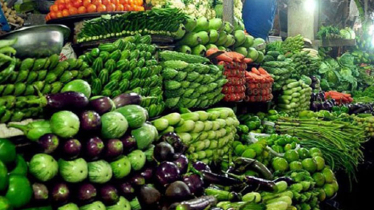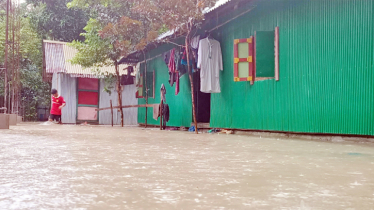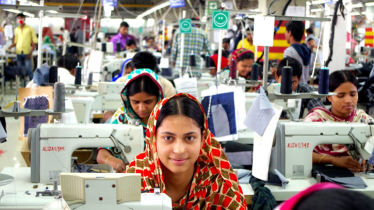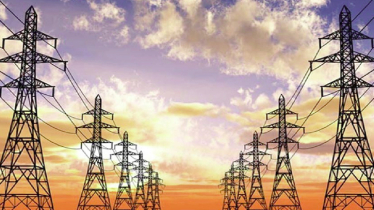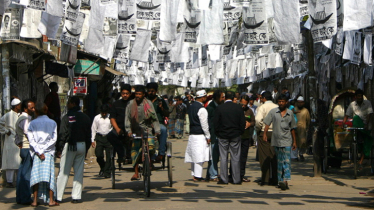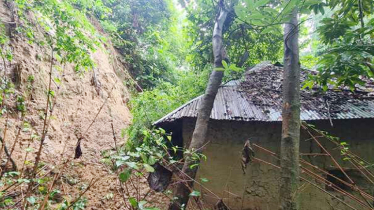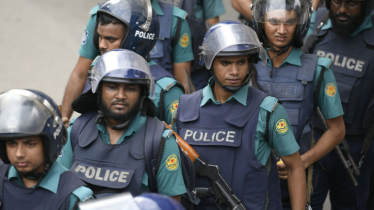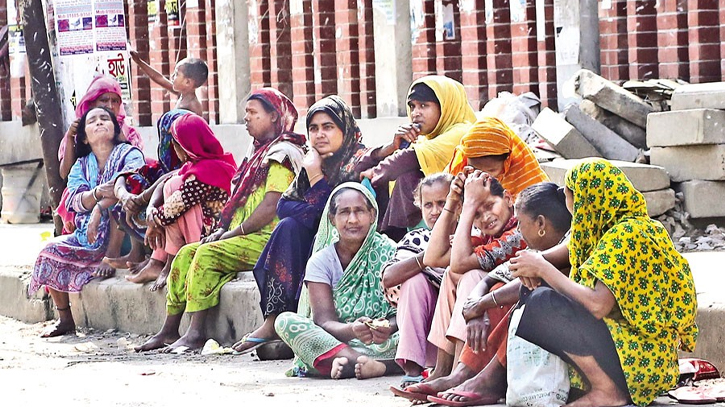
Photo : Collected
The concerned persons of ready-made garment (RMG) industry are increasingly anxious about possible trade restrictions, with new conditions emerging that are raising concerns within the country’s garments sector. The prospect of such restrictions poses a threat to the country’s economy, particularly dealing a severe blow to the garment industry.
Among the fresh conditions introduced by global buyers for Bangladesh-made garment products, a precautionary measure is their insistence not to accept goods or make payments if Bangladesh faces any sanctions. The recent announcement of the U.S. government’s labor policy has fueled apprehension among entrepreneurs in the garment industry, who are closely watching the issue in their top export-earning sector.
Adding to the prevailing unease, a buyer company has issued a loan letter for ready-made garments, specifying the condition that they will neither accept the product nor make payment if a ban is imposed. This issue has sparked fresh anxiety among entrepreneurs in the garment sector.
In a recent discussion meeting with stakeholders at the BGMEA office in Chattogram, the BGMEA president highlighted that this predicament has emerged at a critical juncture when the global garment business is poised for a turnaround.
The United States, on November 16, issued a stern warning to all nations and businesses undermining labour rights. Concurrently, the European Union (EU) and the United Kingdom have voiced similar concerns about labor and human rights in Bangladesh, compounding worries in the industry.
On the other hand, Bangladesh is stricken with a myriad of economic challenges, including a massive dollar and reserve crisis, currency devaluation, declining remittances, exports, and investment. The country faces high unemployment, income and wealth inequality, a shortage of skilled manpower, defaulted loans, a fragile banking sector, a crippled stock market, a negligible tax-to-GDP rate, rampant corruption, money laundering, natural disasters, pollution, and a lack of good governance.
The abnormal increase in the price of goods has inflicted financial distress on many families, contributing to the country’s debt trap where the total debt exceeds 45% of GDP. Despite these challenges, the cycle of borrowing persists, necessitating new loans to cover interest and installment payments.
In such a precarious situation, navigating trade sanctions and potential cancellation of EU GSP benefits becomes increasingly challenging, especially in the backdrop of contentious elections or violations of U.S. labour policies. The continuous strikes and blockades further add to the complexity of the socio-economic landscape, likely to persist and intensify even after the elections.
Messenger/Fameema

